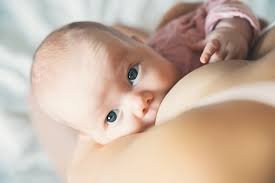A majority of Nigerians see plastic bags as a major source of pollution in the country and favor government action to protect the environment, the latest Afrobarometer survey shows. More than half of citizens say pollution is a serious problem in their communities, citing trash and plastic disposal and sanitation as their most important environmental issues.
Last week, the Lagos state government slammed a ban on Styrofoam and other single-use plastics, which it said are clogging drainage channels in the country’s commercial nerve center. The poll’s key findings show that almost two-thirds (63%) of citizens see plastic bags as a major source of pollution in Nigeria. Also, more than half (53%) of respondents said pollution is a “somewhat serious” or “very serious” problem in their communities. The poll similarly noted citizens concerns that trash and plastic disposal (cited by 27%) and human waste management (26%) are the most important environmental issues in their communities. Subsequently, almost two-thirds (63%) of Nigerians say the government should be doing more to limit pollution and protect the environment, including 48% who say it needs to do “much more.”
Afrobarometer describes itself as a pan-African, non-partisan survey research network that provides reliable data on African experiences and evaluations of democracy, governance, and quality of life. It has completed eight survey rounds in up to 39 countries since 1999. Round 9 surveys (2021/2023) are currently underway, according to the profile of the organization. Afrobarometer’s national partners conduct face-to-face interviews in the language of the respondent’s choice.
The Afrobarometer team in Nigeria, led by NOIPolls, interviewed a nationally representative sample of 1,600 adult citizens in March 2022. A sample of this size yields country-level results with a margin of error of +/-2.5 percentage points at a 95% confidence level. Previous surveys, according to the communications team of NOI Polls, were conducted in Nigeria in 2000, 2003, 2005, 2008, 2013, 2015, 2017, and 2020.




















